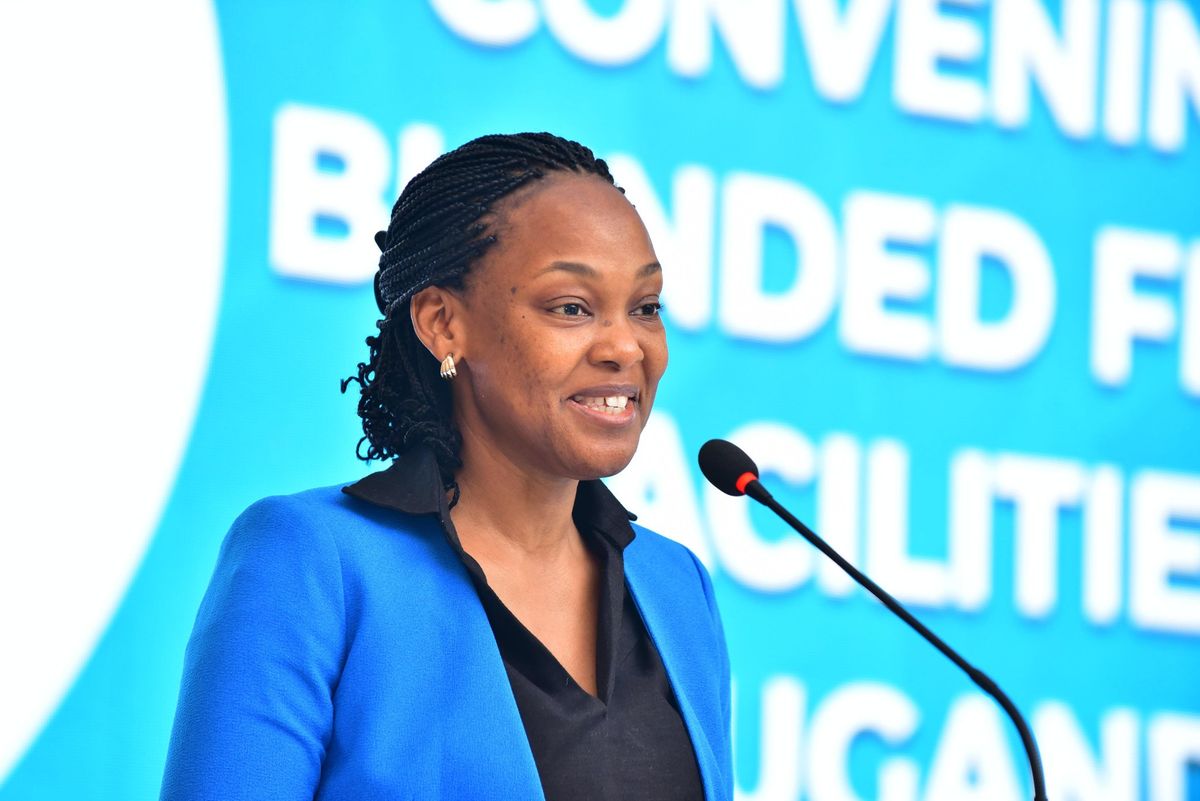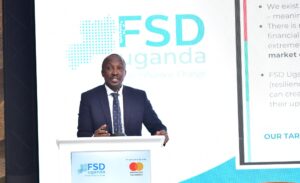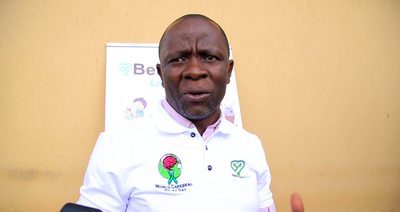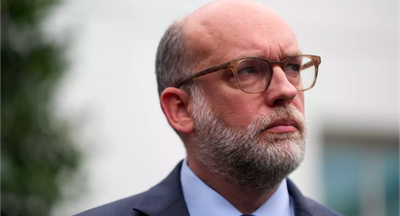
The Acting Executive Director of Financial Sector Deepening (FSD) Uganda, Sara Byabazaire, has urged stakeholders to develop clear and sustainable exit strategies for blended finance interventions to secure long-term benefits for Uganda’s financial sector. She made the call during a stakeholder convening on blended finance facilities in Kampala.
Byabazaire acknowledged the significant role blended finance has played in expanding access to financial services for vulnerable groups, including women, youth, and refugees. However, she stressed the need for these interventions to move beyond program-led initiatives and become embedded sustainably within the country’s financial ecosystem.
Over 5.6 million households have gained access to new or improved financial products and services from providers supported by FSD Uganda. This progress is commendable, but we must now ask ourselves: how do we ensure these financial gains are sustained beyond program funding?” she said.
Highlighting the impact of the COVID-19 pandemic, Byabazaire noted that rapid financial interventions were critical to cushioning small businesses under stress. Yet, she warned against fostering dependency, emphasising that exit strategies should strengthen financial institutions, encourage self-reliance, and build resilience.
Byabazaire also underscored the transformative potential of digital financial services. She noted that while mobile money and other digital platforms have increased inclusion and lowered transaction costs, stakeholders should explore how digital finance can extend beyond payments to support broader development outcomes, including insurance access and improved government service delivery.
“We call upon all partners—government, development finance providers, and financial institutions—to ensure Uganda does not fall back. Interest rates must continue to go down, and digital financial access must translate into tangible social and economic transformation,” she added.
The convening convened key players in Uganda’s financial sector to explore sustainable structures for blended finance that address pressing development challenges while ensuring long-term impact.
“As much as alot of interventions create opportunities, we are trying to demystify the narratives around how young people are risky to be invested in.”-Adrian Bukenya, Country Director MasterCard Foundation.
Micro and Small Enterprises Recovery Fund Shows Results
A key highlight of the symposium was the presentation of the USD 22 million Micro and Small Enterprises (MSE) Recovery Fund (MSERF) by Joseph Sanjula Lutwama, FSD Uganda’s Director of Research and Insights. Launched in 2022 in partnership with the Mastercard Foundation under the Young Africa Works programme, the fund aims to support 50,000 micro and small businesses, with at least 40% youth-owned and 30% women-owned, while safeguarding or creating over 250,000 jobs over five years.
The fund provides interest-free credit to Tier 3 and Tier 4 financial institutions, which then lend to small businesses at concessional rates. By June 2025, the initiative had reached thousands of entrepreneurs, particularly women, youth, persons with disabilities, and displaced populations.

Joseph Sanjula Lutwama, FSD Uganda’s Director of Research and Insights
“The MSERF has demonstrated that with intentional design, blended finance can both unlock capital and empower underserved market segments,” Lutwama said.
Several key lessons have emerged from the initiative, including: Customised Approach: Partner institutions can tailor credit terms to their business models. Performance-Driven Disbursement: Funds are released based on impact milestones, with real-time monitoring via a Portfolio Monitoring Tool.
Regional Balance: Technical assistance and affirmative action have ensured the inclusion of underserved regions.Continuous Learning: A dedicated learning partner documents impact stories and insights for ongoing improvement.
Despite reducing average lending rates, credit costs remain high, particularly for Tier 4 institutions, where rates fell from 50% to 45% per annum. Lutwama noted that perceived risk continues to drive pricing and called for more data-driven lending practices, citing Tier 4 lenders offering rates as low as 15% as models for scalability.
Since 2015, FSD Uganda has impacted over 1.1 million adults, half of them women, promoting financial inclusion and resilience. “With blended finance, we are proving that it is possible to reduce vulnerability while creating opportunities for sustainable growth. The MSE Recovery Fund is evidence that the right partnerships can move us closer to universal financial inclusion,” Lutwama said.














Roswell Mbabazi
Leave a Comment
Your email address will not be published.